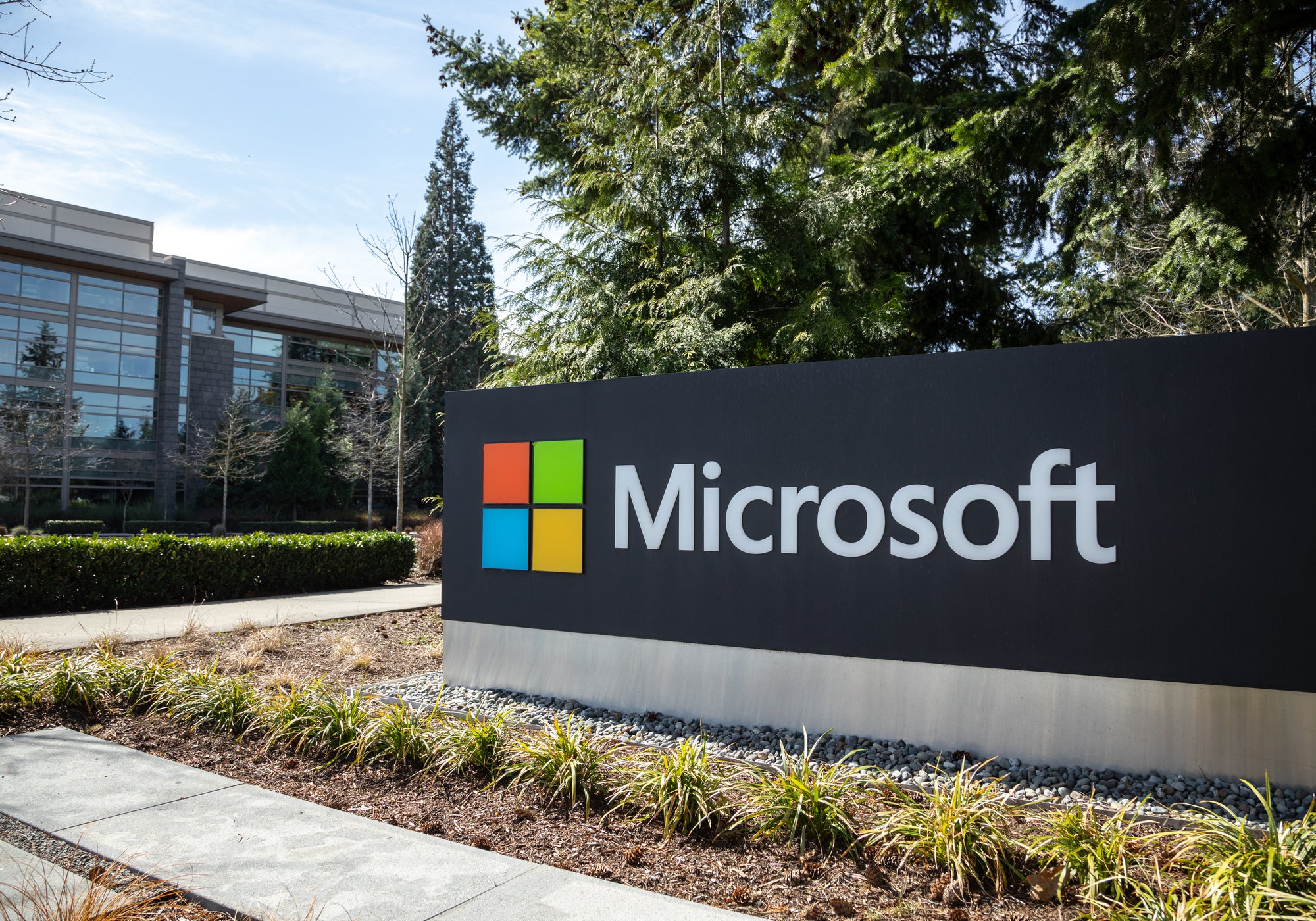This week Microsoft announced that its low-code and automation innovations, currently delivered via its popular Power Platform, will be made available through Microsoft Teams. Teams, the company’s fastest growing business application, is beginning to look more like a platform, one which puts the power of app development and DevOps capabilities into the hands of more non-coding folks. These capabilities provide businesses with the ability to quickly churn out applications in response to new business models and new marketing campaigns, essentially supporting digital transformations.
Microsoft’s move validates a growing trend towards intelligent automation platforms, which combine workflows with low-code developer tools and backend connectors, helping operations teams digitize workflows (or business processes).
Low-code is just one component of a larger solution which also includes BPM, AI, and robotic process automation (RPA). The solutions will play an important role over the next 12 months in helping enterprises achieve digital transformations, targeting IT operations teams looking to leverage both professional developers and LoB users alike in app development support.
Microsoft has plenty of rivals
Not only is Microsoft battling AWS with its own Honeycode low-code offering, and Google, which acquired no-code provider AppSheet earlier this year, it’s going up against more mature and comprehensive offerings. This newer automation market segment is led by Pegasystems, ServiceNow, Salesforce, IBM, Red Hat, and others.
More compelling will be the changing ecosystem that begins to unfold in coming months among those in coopetition. For example, earlier this month IBM and ServiceNow announced an expanded partnership which leverages IBM Watson AI and ServiceNow’s workflow automation solutions. At the same time, ServiceNow partners with Microsoft to integrate that same workflow tooling with Microsoft Teams.
Teams platform gets a boost
Also this week, Microsoft clarified the branding of its Power Platform technologies. Common Data Service (CDS) (which powers Dynamics 365 and Power Platform) has been renamed Microsoft Dataverse. Dataverse for Teams (previously called Oakdale) is the free data platform for Teams. With Power Apps, Automate, and Virtual Agents now available via Teams, those users can access low-code to automate processes and deploy chatbots.

US Tariffs are shifting - will you react or anticipate?
Don’t let policy changes catch you off guard. Stay proactive with real-time data and expert analysis.
By GlobalDataEnterprises are motivated to prioritize their modern software delivery initiatives through the high-productivity development tools of low-code platforms. Heightened importance around low-code app development platforms has been prompted by complex application architectures, the accelerated need for business transformation prompted by Covid-19, and the enablement of those transformations delivered through meaningful back-end data integrations. For these reasons, those efforts are best served through next-generation low-code and automation platforms.









